10 Interesting Facts About Abuja, the Nigerian Capital

10 Amazing Facts about the Nigerian Capital Abuja
Sitting gracefully on the Gulf of Guinea, Nigeria is the most populous black country in the world. Its population of more than 200 million people, make it the 7th most populous country on earth.
Nigeria has as its capital, a city known as Abuja. It sits in the heart of the country and is popularly known as the “centre of unity”. Thus, it is viewed as central and neutral to ethnicity and religiosity.
The city’s natural beauty, modern parks and monumental buildings are a sight to behold. But besides this, it is also replete with many other wonderful features. This is why it is one of the most-visited parts of the country by indigenes and visitors alike.
So are you considering paying a visit to the Nigerian capital? We’ve got some amazing facts about Abuja that you will like to know. So buckle up as we take this exciting journey.
1. Before 1991, Abuja Was Not the Nigerian Capital
After gaining her independence in 1960, Nigeria made Lagos her capital. This brought about an economic and population boom which made the ancient city even more crowded.
This reason and a few others necessitated a hunt for another capital. Interestingly, before now, Abuja was a land in the south-western part of the ancient Habe Kingdom of Zazzau.
Despite oppositions, in 1976, a decree removed Lagos as the capital of Nigeria. After over a decade of construction, in 1991, Abuja has officially been declared the Nigerian capital.
2. It is one of the fastest-growing cities in the world
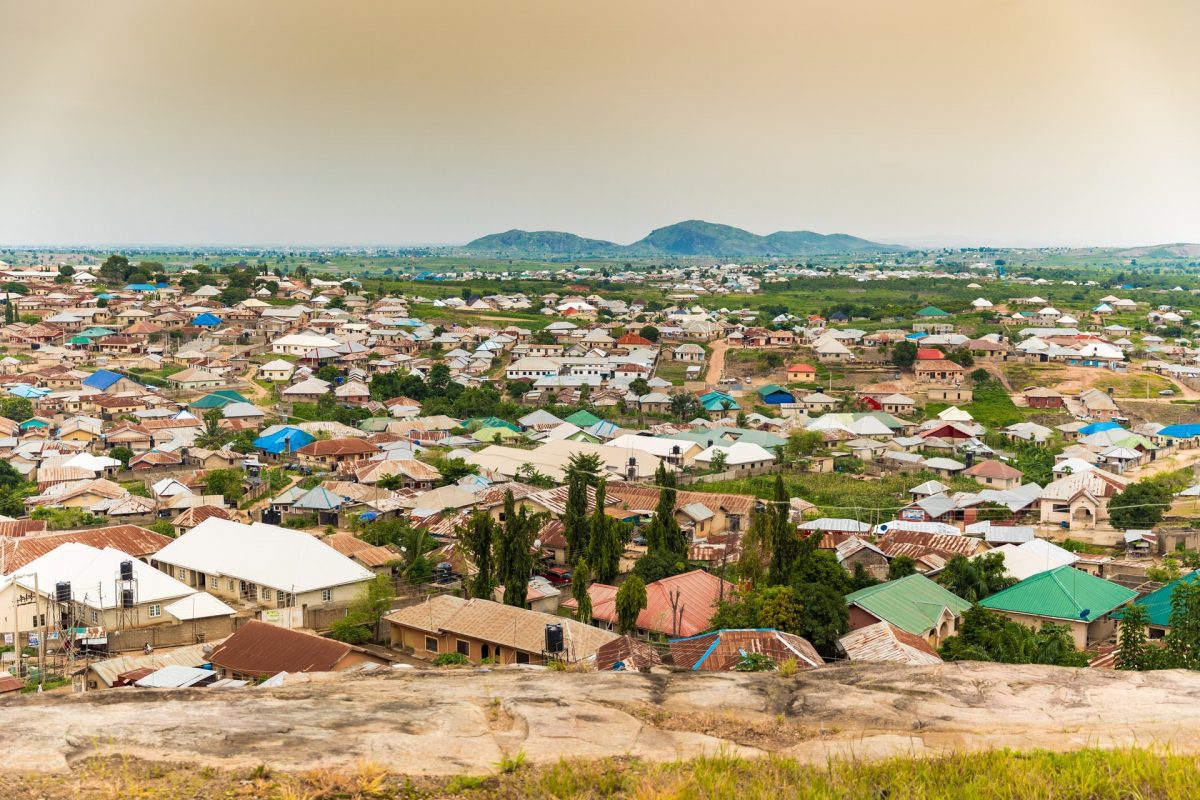
One of the amazing facts about Abuja is that it is one of the rapidly growing cities in the world. As of 1991 when Abuja became the Nigerian capital, its population was just 364,000 people.
By 2006, the city had almost a million people in it. According to the United Nations, the Nigerian capital grew by 139.7% between 2000 and 2010. This made it one of the fastest-growing city in the world.
As of 2016, the Nigerian capital holds an estimated number of six million people. This makes it the 4th most populous metro area in Nigeria next to Lagos, Kano and Ibadan.
3. Abuja is a city with many hills and rocks
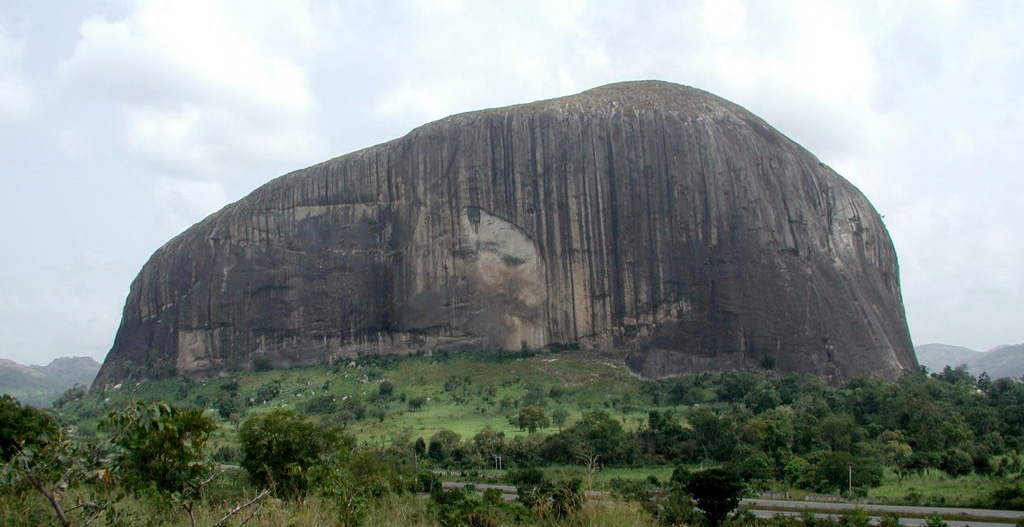
Yet another amazing fact about Abuja is that it is littered with hills and rocks. The most popular of the rocks being Aso rock, measuring 1,300 ft high into the sky.
It houses the nations Presidential complex, the Supreme Court and the National Assembly. Another similar rock is Zuma rock. It is geographically situated in Niger State. But so close to Abuja, that many tourists classify it as one of the rocks in the capital city.
All across the city, many hills and small rocks can also be seen. Most of which are beautifully companioned with modern-day structures and fixtures. Thus, giving the city a natural but sophisticated look.
4. It is the First Purpose-built City in Africa
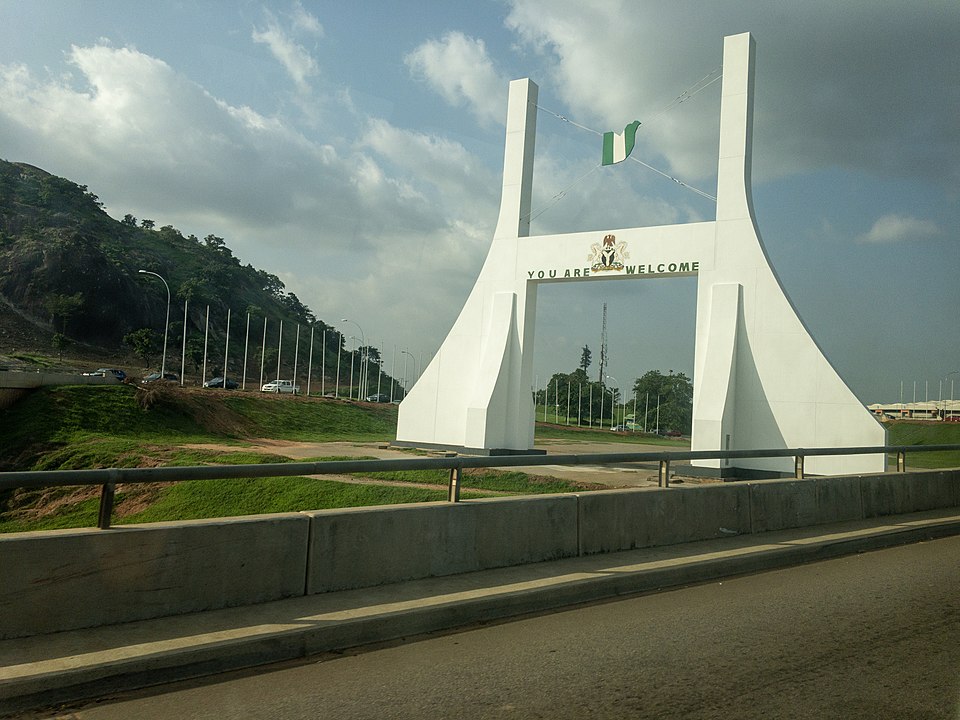
The Nigerian capital was literally built from scratch in the 1980s. This is again one of the amazing facts about Abuja.
The cultural diversities of Nigeria necessitated the need to find a neutral location for the nation’s capital. Abuja was decided on in the 1970s, hence, constructions began immediately.
However, it was not concluded until the late 1980s. With its extensive road networks, seamless transport system, and purpose marked districts, the wait was worth it.
5. It is headquarters to most corporate bodies and companies
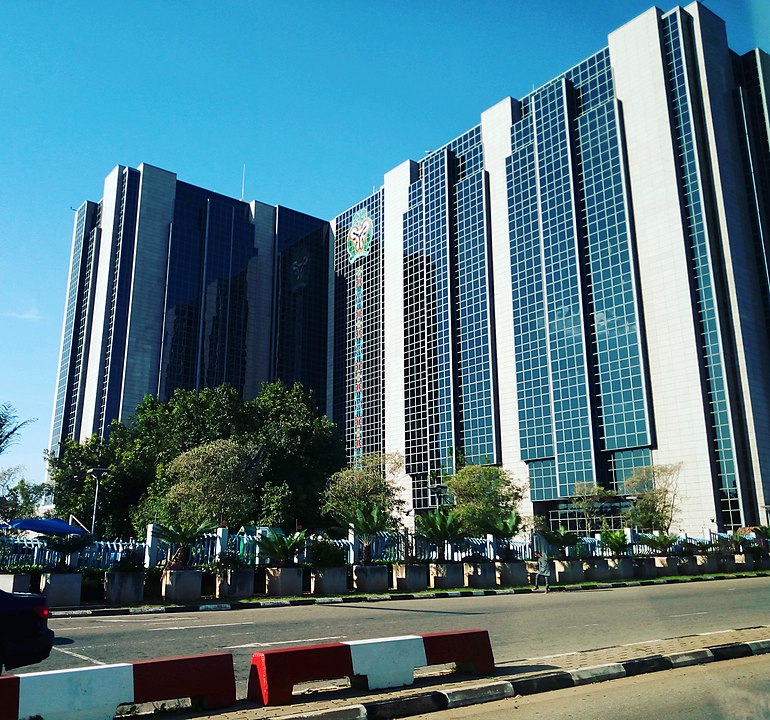
Another noteworthy fact about Abuja is that it is the head office of many blue-chip companies. The city houses the main offices of many corporate bodies and organizations.
The reason for this is quite obvious. Likewise, many government agencies have their headquarters stationed in Abuja. Some of which include ECOWAS, NITDA, FRCN, NPF, etc.
6. The cost of living in Abuja is quite high

Not surprisingly, the cost of living in the Nigerian capital is quite high. This is especially when compared to other populous cities like Lagos and Ibadan.
Whether it is transportation, household furnishing or groceries, these are all costly. But the cost of houses and lands are the biggest culprits of this fact.
Just a tiny apartment in the city of Abuja is more than an average Nigerians one year salary. However, if your pocket is deep, the city’s beauty and affluence will make these factors the least of your concern.
7. Abuja’s tropical temperature is year-round

The Nigerian capital lies 477m above sea level. Her climate is quite tropical, hence, she experiences high temperatures all year round.
The rainy seasons begin in April and runs through October. This leaves the remaining part of the year extremely dry.
So, when considering visiting Abuja, bear in mind that March is its warmest month of the year. Likewise, its coldest month is August and December is its driest month of the year.
8. It is a hub of both National and International Powerful Men
The Nigerian capital is a confluence for many national and international businessmen. It is in Abuja that you will find homes of many of the countries politicians, lobbyists and power brokers.
This is partly because many of the countries federal agencies are located here. Also, the presence of the National Assembly here takes credit for this.
Again, Abuja is the settlement of over one hundred and fifty embassies and consulates. So, don’t be surprised when you find yourself sitting next to a diplomat or two during a function.
9. Weekends are sull of Social activities in Abuja

Some people believe that Abuja is boring because it is a government-run city. But nothing has ever been farther from the truth.
The exciting vibes that fill the air on weekends is another wonderful fact about Abuja. The city is filled with so many fun places and hot spots. All of these locations come alive during the weekends.
You need not look so hard before you find a fancy restaurant, park, or exotic hotel. To have the best of experience, do well to visit Jabi Lake Park, Gurara Falls, and Magicland Amusement Park.
10. Abuja’s Carnival is one of the best in Africa
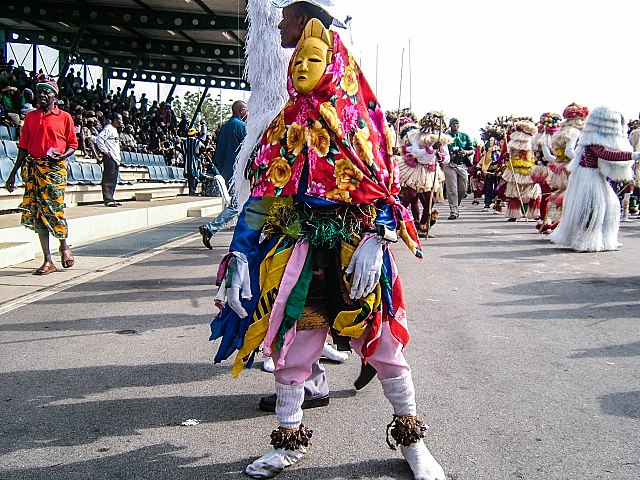
Another fun fact about Abuja is its annual carnival which takes place at the end of the year. It is a cultural jamboree that exhibits various activities. Some of which include boat regattas, street parades, and cultural competitions.
It was made official in 2005. Since then, it attracts about 200,000 local and international participants. Here, you will see over 250 cultures represented and beautifully displayed.
The carnival lasts for a few days but is full of so many cultural displays and activities. The most popular being the Durbar. The acrobatics movements of these well-trained horses is a sight you will never forget too soon.
Conclusion
Many more fun facts abound about the Nigerian capital, Abuja. Its landscape is not just beautiful and enchanting, but its people are known to be kind and welcoming.
Even as this city continues to develop, these ten amazing facts about Abuja remain some of her highlights. Granted, you will have the best of times if you decide to visit this amazing city.
What's Your Reaction?
Chimnonso Onyekwelu is an excellent copywriter and a recovering Attorney. She spends most of her time writing, reading and writing again.






